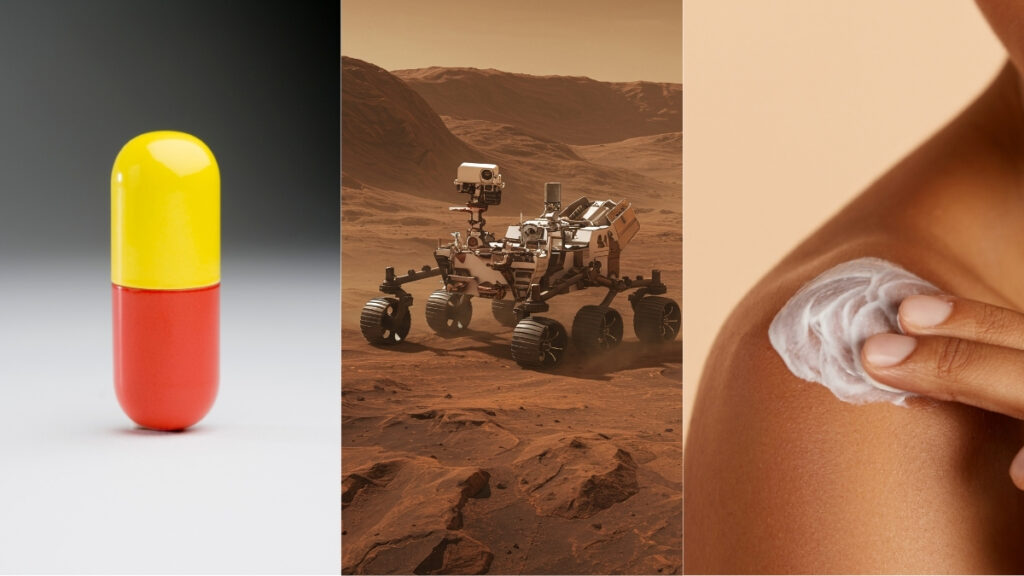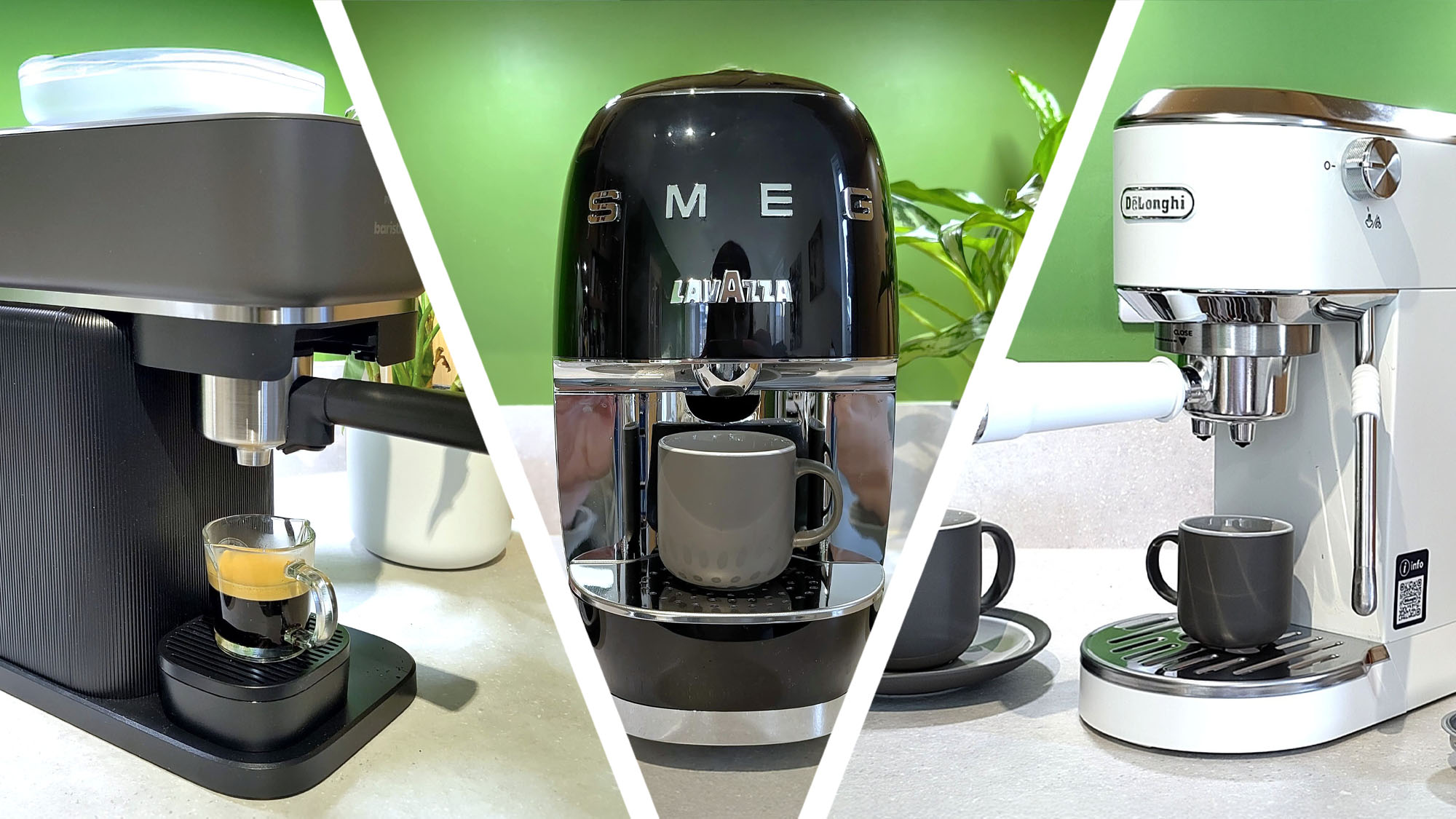
Recent advancements in scientific research have unveiled promising developments in diabetes treatment and intriguing findings from Mars. A new pill designed as an alternative to Ozempic and a potential insulin-delivery skin cream could change the landscape for diabetes management. Additionally, exciting discoveries by NASA continue to deepen our understanding of the universe.
New Diabetes Pill Shows Comparable Weight Loss Results
A clinical trial has revealed that a new medication, orforglipron, may serve as an effective alternative to Ozempic for weight loss. Participants taking the highest dose of 36 milligrams lost an average of 9.6 percent of their body weight, approximately 9.6 kilograms. Those on a 12-milligram dose lost about 7 percent, while the 6-milligram group achieved a 5.1 percent reduction. In comparison, the placebo group lost an average of just 2.5 percent. These findings suggest that orforglipron may provide a viable oral option for those seeking to manage their weight effectively.
Link Established Between Lupus and Epstein-Barr Virus
A significant study has connected the chronic autoimmune disease lupus to the common Epstein-Barr virus (EBV). Researchers found that patients with lupus exhibited a deeper infection from EBV, indicating that they may have encountered a more virulent strain. The study revealed that approximately one in 400 B cells in lupus patients is infected with EBV, a figure that is 25 times higher than in healthy individuals.
Nasa Uncovers Alien Rock on Mars
NASA’s Perseverance rover has discovered a peculiar rock on Mars, identified as a likely meteorite. Named Phippsaksla, this 80-centimeter-wide rock possesses a composition rich in iron and nickel, suggesting it may not originate from Mars. This discovery raises questions about the geological history of the planet and its interactions with extraterrestrial materials.
Revolutionary Insulin Cream Demonstrates Promising Results
Researchers are exploring a groundbreaking treatment for diabetes that involves delivering insulin via a skin cream. In tests conducted on mice, this innovative method effectively normalized blood glucose levels within an hour, with results comparable to traditional insulin injections. Notably, the blood sugar levels remained stable for up to 12 hours, potentially offering a more convenient treatment option for diabetic patients.
Chinese Astronauts Stranded on Tiangong Space Station
In a concerning development, three Chinese astronauts are currently stranded on the Tiangong space station following damage to their spacecraft. The vehicle was struck by a piece of space debris earlier in November 2023, resulting in a crack in the viewing port. The China Manned Space Agency (CMSA) has announced plans for a retrieval launch next week to bring the astronauts back safely.
Understanding Alzheimer’s Memory Loss
Recent research has shed light on how Alzheimer’s disease affects memory recognition. Scientists have identified mechanisms by which the disease erodes vital brain structures necessary for recognizing familiar faces. Lead researcher Lata Chaunsali noted that when these structures were preserved early in life, mice exhibited improved memory of social interactions despite suffering from the disease. This breakthrough may pave the way for future therapeutic strategies.
As scientific discoveries continue to unfold, the implications for health and our understanding of the universe remain significant. These advancements not only challenge existing paradigms but also hold the potential to enhance the quality of life for many individuals.







